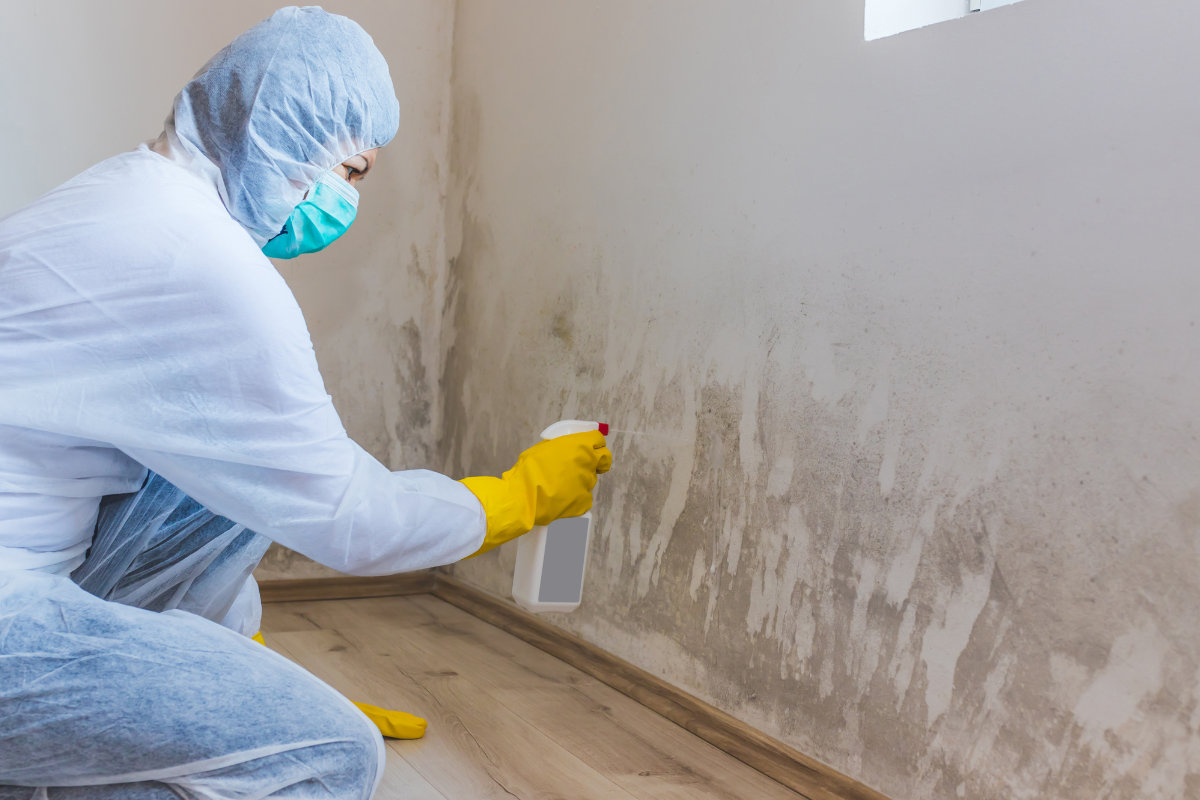Understanding Mold And Its Impact On Rental Properties In Texas
Mold is a common issue in rental properties in Texas. Landlords and tenants need to understand the state’s mold laws. Mold grows in humid environments and can cause health issues if left untreated.
Landlords in Texas must maintain a safe and habitable living space for their tenants, which includes addressing any mold issues. Failure to address mold issues can result in legal consequences, such as fines or even condemnation of the property.
Both parties must know their rights and responsibilities when molding rental properties to avoid potential conflicts or health risks.
Table Of Content
1. Texas Landlord Responsibilities For Mold Removal: What You Need To Know
2. The Legal Timeline For Landlords To Address Mold Issues In Texas Rentals
3. Exploring Tenant Options When Dealing With A Refusal To Remove Mold By A Landlord
4. Taking Action: Removing Mold Yourself And Adjusting Rent Payment In Texas
5. The Importance Of Property Inspections For Landlords During Mold Removal
6. Identifying The Presence Of Mold In Your House And Taking Action
7. Preventing Future Molds Issues: Tips For Maintaining A Safe And Healthy Rental Property
8. Seeking Professional Help: Finding Reliable And Experienced Contractors For Effective Mold Removal
9. Does Mold Have To Be Disclosed In Texas?
10. Does Black Mold Make A House Uninhabitable?
Texas Landlord Responsibilities For Mold Removal: What You Need To Know
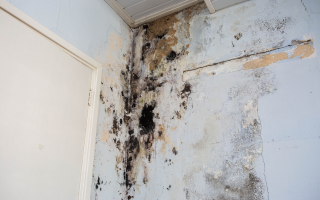
If you are a landlord in Texas, you must clearly understand your responsibilities regarding mold removal. If mold is not addressed, it can be a severe issue in rental properties, leading to health hazards for tenants and even legal consequences for landlords.
According to Texas mold laws, landlords must maintain their property safely and habitably and address mold growth. When a tenant reports the presence of mold, the landlord must take effective action to assess and address the issue.
Addressing mold issues can avoid fines or even condemnation of the property by local authorities. However, landlords must be informed about their responsibilities under Texas mold laws to protect their tenants and avoid potential legal problems.
The Legal Timeline For Landlords To Address Mold Issues In Texas Rentals
Texas landlords are fully responsible for addressing any mold in rental property. Failure to do so can result in legal consequences.
For landlords to address mold issues begins when tenants notice the presence of mold. Landlords must inspect within a reasonable amount of time and make necessary repairs.
If this situation isn’t resolved within 7 days, tenants can end their lease agreement. The landlord is fully responsible for maintaining safe and habitable living conditions for tenants, including promptly addressing mold problems.
Landlord can face legal action and potentially be liable for damages caused by mold contamination if fail to comply with the law. Both landlords and tenants must understand their rights and responsibilities regarding mold in rental properties in Texas.
Exploring Tenant Options When Dealing With A Refusal To Remove Mold By A Landlord
Tenants must understand the state’s mold laws and their rights when dealing with landlords who refuse to remove mold from their rental properties. Mold can pose serious health risks and should not be ignored by landlords.
The landlord is responsible for maintaining the property in a safe and habitable condition, including addressing any issues with mold growth.
Tenants have multiple options if the landlord doesn’t take action, such as reporting the issue to local health authorities or taking legal action through the court system. Tenants must be well-informed about their choices and rights when facing a refusal from their landlord regarding mold removal.
Tenants have multiple options if the landlord doesn’t take action, such as reporting the issue to local health authorities or taking legal action through the court system.
Taking Action: Removing Mold Yourself And Adjusting Rent Payment In Texas
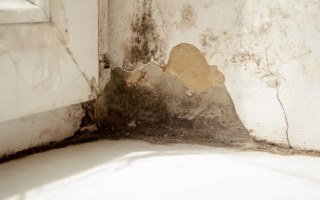
If you discover mold in your Texas rental property act immediately. Mold can produce health risks, costly damage, and potential house condemnation.
Tenants can request their landlord promptly address mold issues. However, if the landlord fails, tenants may have the option to remove the mold themselves and deduct the cost from their rent payment.
Document all communication with your landlord and keep receipts for any expenses incurred during removal. Additionally, tenants should be aware of any guidelines or procedures outlined in their lease agreement regarding mold removal and rent adjustments.
Consult with a legal professional for guidance on navigating Texas mold laws and taking appropriate action.
Sell your house with mold in Texas to Sell My House For Cash TX. If you no longer want to deal with renovations or costly repairs, contact us! We buy your house with mold! To learn more about us, check what our clients say, call us at (214) 347-7020, or fill out our short form.
The Importance Of Property Inspections For Landlords During Mold Removal
Landlords must comprehend the consequences of incorrectly addressing mold in their rental properties. Its essential to conduct property inspections during mold removal in Texas
If not handled correctly, mold can cause health issues and legal troubles for landlords. Regular property inspections can help identify and address any mold growth before it becomes a bigger problem.
Landlords can avoid potential condemnation of their properties and maintain a good reputation as responsible property owners by taking proactive measures and conducting thorough inspections to ensure the safety of their tenants and compliance with Texas mold laws.
Identifying The Presence Of Mold In Your House And Taking Action
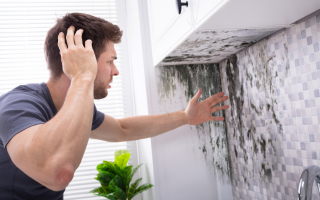
Mold can be a severe issue in properties due to humidity, and warm climates create the perfect scenario for growth in Texas. Owner must comprehend mold laws to protect themselves and their property.
One of the first things to do when mold is present in a house is to identify the presence of mold. A musty odor, visible patches of discoloration or spots on walls, ceilings, or floors, recent water damage, and leaks are the common signs of mold.
It’s essential to take action immediately if you suspect mold is present on your property, which may include hiring a professional mold inspector to conduct tests and determine the severity of the situation; ignoring mold growth can lead to further damage and a probable condemn a house in Texas.
Preventing Future Molds Issues: Tips For Maintaining A Safe And Healthy Rental Property
If you are a landlord in Texas, to prevent possible issues with your rental property, it is important to comprehend the mold laws and regulations. Mold can be a serious problem and even condemn a house if not adequately addressed.
Preventive measures are necessary to maintain a safe and healthy rental property for your tenants. Regularly inspecting for moisture sources, promptly addressing leaks or water damage, and ensuring proper ventilation are critical steps in preventing mold growth.
Prevent mold and promptly respond to any mold reports by just guiding and educating your tenants. Which can help maintain a healthy living environment. Following these tips, you can ensure that your rental property remains mold-free and avoid any legal consequences under Texas mold laws.
Seeking Professional Help: Finding Reliable And Experienced Contractors For Effective Mold Removal
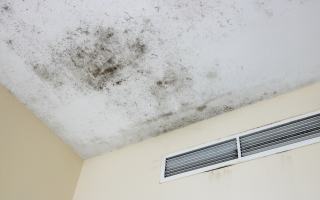
If you’re facing mold issues in Texas, seeking a professional is crucial for effective removal. Finding reliable and experienced contractors who understand the laws and regulations surrounding mold in the Lone Star State is essential.
These professionals will have the necessary knowledge and equipment to properly assess and remediate the mold problem, ensuring that it does not lead to further damage or health hazards. When searching for a contractor, be sure to ask about their experience with Texas mold laws and their certifications in mold remediation.
To ensure you hire a reputable contractor for mold removal, search for reviews and ask for references from previous clients.
Does Mold Have To Be Disclosed In Texas?
Homeowners and potential buyers in Texas may wonder if mold must be disclosed; the answer is yes! According to Texas mold laws, sellers are required to disclose any known presence of mold on the property.
Including visible mold and any previous remediation or repairs for mold damage. Disclosing this information can result in serious legal consequences for the seller.
Real estate agents must inform buyers of any known mold issues in a property. Both parties must understand their rights and responsibilities when disclosing mold in Texas homes.
Does Black Mold Make A House Uninhabitable?
In Texas, homeowners must know the state’s strict mold laws and regulations. A typical question is whether black mold can render a house uninhabitable.
It depends on the severity of the mold infestation and the actions taken by the homeowner. According to Texas law, a home with excessive black mold that poses a health hazard may be deemed unfit for occupancy.
This means that steps must be taken to remediate the issue before anyone can legally live on the property again. Fines and condemnation of the house can result from consequences of not addressing black mold promptly.
Therefore, understanding Texas mold laws and taking prompt action are crucial for maintaining a safe and habitable home in the Lone Star State.
Sell My House For Cash TX buys houses in any condition. These benefits apply to all cities and counties in Texas, including Houston, Austin, Dallas, Fort Worth, San Antonio, Denton, Garland, and Arlington. Check out our home-buying process, and get your cash today! If you still have questions, check out our frequently asked question section! We are here to help you with your real estate needs!
| LANDLORD AND TENANT | ATTORNEY | LEASING | HUMAN HEALTH | PHYSICAL HEALTH | INSURANCE COMPANY |
| INSURERS | INSURANCE CLAIM | MOLD TOXICITY | COMPANY | TOXICITY | JUDICIAL REMEDIES |
| PERSONAL INJURY CLAIMS | PERSONAL INJURY | PERSONAL INJURIES | LAWSUIT | LANGUAGE | INJURIES |
| INJURY | COMPLAINTS | WARRANTY | MORTGAGE | MANAGEMENT | EVICTED |
| EVICTION | EVICTION NOTICE | CONDO | TOXINS | PRIVACY | PERSONAL INJURY LAWYER |
| NEGLIGENT | NEGLIGENCE | MATTER | LANDLORD-TENANT LAWS | FEE | EXPERT |
| EVIDENCE | DO-IT-YOURSELF | COURT ORDER | CONSTRUCTION | AUSTIN | ASTHMA |
| AIR CONDITIONING | A/C |

